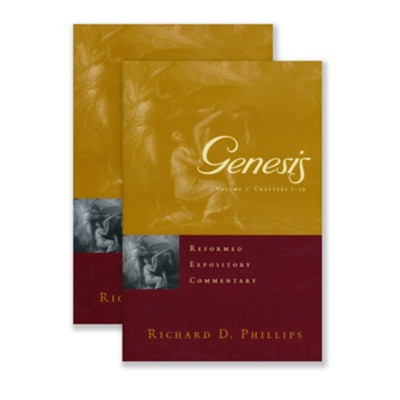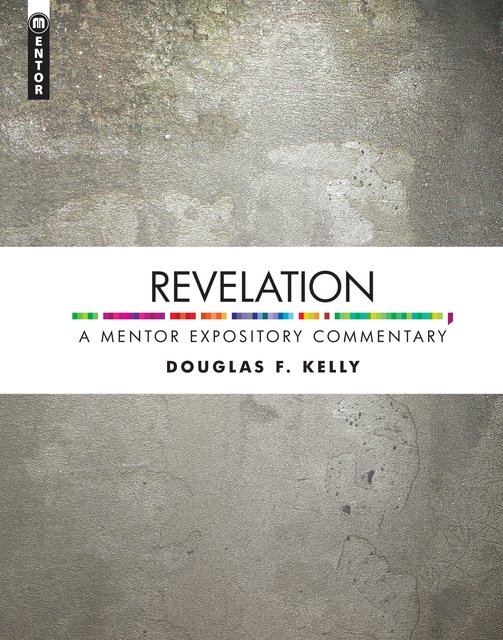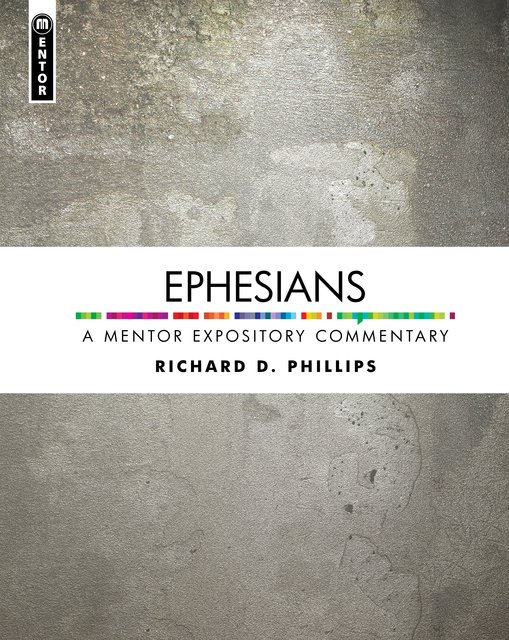
Sigurd Grindheim’s “Hebrews” in the Pillar New Testament Commentary series is a meticulous exploration of the biblical text that marries academic rigor with practical insight. Grindheim, a respected scholar, exhibits a command of the intricacies of Hebrews that is both enlightening and accessible, making this commentary an indispensable resource for anyone seeking to delve into the depths of this complex epistle.
Grindheim’s commentary on Hebrews stands out for its thorough examination of the biblical text, drawing upon linguistic and historical nuances to unravel the profound theological themes embedded in the epistle. His exegetical prowess is evident throughout, providing readers with a comprehensive understanding of the cultural and theological context that shapes the message of Hebrews.
One of the strengths of Grindheim’s work is his ability to bridge the gap between academic scholarship and practical application. While delving into the intricacies of Greek syntax and linguistic structures, he consistently offers insights that resonate with the concerns and challenges of contemporary Christian life. The commentary serves not only as a scholarly guide but also as a practical resource for pastors and lay readers seeking to apply the teachings of Hebrews to their daily faith walk.
Grindheim’s engagement with the theme of Christ’s priesthood is particularly noteworthy. In a nuanced discussion on Hebrews 4:14-16, he navigates the depths of the high priestly role of Christ, highlighting the relevance of Christ’s empathy with human struggles. Grindheim contends that understanding Christ’s priesthood is crucial for believers facing trials, emphasizing the comforting aspect of Christ’s role as a sympathetic high priest.
Throughout the commentary, Grindheim skillfully navigates the intricate theological landscape of Hebrews, offering readers a rich tapestry of insights. His exploration of the concept of rest in Hebrews 4:1-13 is illuminating, emphasizing the eschatological dimension of the believer’s rest and the urgency of entering into God’s Sabbath rest. Grindheim’s meticulous examination of the biblical text, coupled with his theological acumen, provides readers with a profound appreciation for the depth and significance of Hebrews.
The author’s treatment of the warning passages in Hebrews is equally compelling. In an insightful analysis of Hebrews 6:4-8, Grindheim grapples with the challenging question of apostasy, skillfully navigating the tension between divine sovereignty and human responsibility. His exposition demonstrates a careful balance between academic precision and pastoral sensitivity, addressing theological complexities with a pastoral heart.
Grindheim’s exploration of the Old Testament background of Hebrews is another highlight of this commentary. In his discussion of the Melchizedek priesthood in Hebrews 7, he unveils the typological significance of Melchizedek and its connection to Christ. Grindheim adeptly weaves together Old Testament shadows and New Testament fulfillment, providing readers with a holistic understanding of the theological tapestry that Hebrews unfolds.
The commentary consistently engages with relevant scholarship, displaying Grindheim’s commitment to a thorough and well-informed interpretation of Hebrews. While rooted in academic rigor, the language and structure of the commentary remain accessible, making it a valuable resource for a diverse audience.
In conclusion, Sigurd Grindheim’s “Hebrews” in the Pillar New Testament Commentary series is a scholarly achievement that combines academic excellence with practical relevance. Pastors, scholars, and students will find this commentary to be an indispensable companion in their study of Hebrews, guiding them through the theological depths of this profound epistle.
Statement of Compliance: I received “Hebrews” by Sigurd Grindheim, published by Eerdmans, for the purpose of an unbiased review. I have not received any compensation for providing a positive review. My opinions are entirely my own and reflect my sincere evaluation of the book.
Book Details:
Title: Hebrews (Pillar New Testament Commentary)
Author: Sigurd Grindheim
Publisher: Eerdmans





